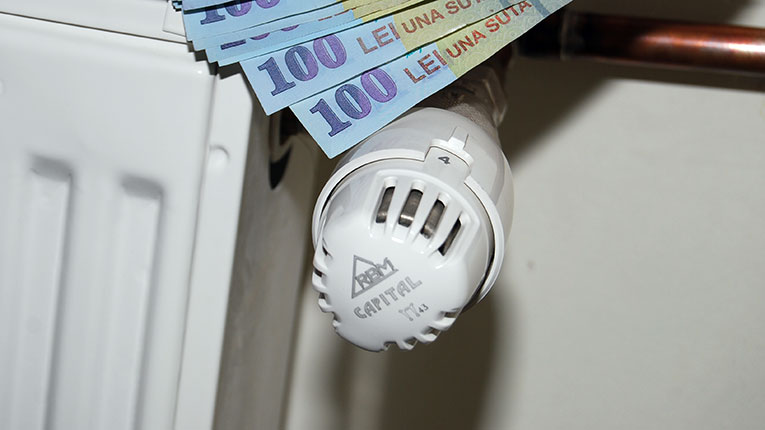USR reiterates the proposed set of measures to rebalance energy prices, which includes a reduction in VAT and exemption from the payment of green certificates, and recalls that it has warned of the ineffectiveness of the cap and compensation law.
“Just two months after the adoption of the law on capping and offsetting energy bills, the ruling coalition leaders are talking about how ‘inefficient’ it is, how it cannot be implemented and how another enactment is needed. In this context, USR reminds the governing parties of the measures proposed since the beginning of October 2021, measures that, if implemented, would have really helped the population and the business environment to overcome the current crisis caused by rising electricity prices and natural gas,” reads a USR statement.
Deputy Claudiu Năsui, former Minister of Economy, draws attention to the situation of large industrial consumers, who have reduced or closed their production. He mentions that Romania “has been brought to the stage of no longer being energy independent” and that the energy system “had and needs investments like air”. According to him, after the Revolution, Romania’s energy companies “were constantly run by the party’s sinecurists”.
“USR said from the beginning that the cap and compensation law will be a failure. Now they are starting to see it, too. Unfortunately, Romanians are suffering and will continue to suffer because of them. We warned in October that industrial producers could not cope, that they will be forced to shut down or reduce their consumption. We’ve warned that the prices of their products are going to skyrocket, products which we all buy. Since then, that’s exactly what has happened. The big industrial consumers have production reduced or even closed. Azomureş has stopped altogether. Alro Slatina, a major aluminum producer, is reducing its production by 60%,” he said.
USR recalls that since the first part of October it has proposed a package of measures “to reduce the price of energy by 32%”, a package that included: a reduction from 19% to 5% of the VAT rate on electricity and gas for household consumers, for a period of 6 months; temporary subsidies for CHPs; tax credits for businesses in the amount of half of the increase in electricity and gas bills; exemption from the payment of green certificates for energy billed to household consumers.
USR mentions that it has also publicly presented a set of long-term measures for rebalancing energy prices, some of which are: accessing the over 10 billion euros from the Modernization Fund, European money available for Romania, to invest in new production capacities ; “stripping” state-owned energy companies of preferential contracts; removing the OPCOM monopoly from the electricity trading market; reforming the Oltenia Energy Complex, the main producer of coal-based electricity; completion of the Iernut gas-fired power plant by Romgaz.
Other proposals are to unblock investments in the exploitation of deep-sea gas fields in the Black Sea; unlocking the “Casa Verde Fotovoltaice” program; building the administrative and legislative framework for investments in offshore wind projects in the Black Sea.
“Later, at the initiative of deputies Cristina Prună and Claudiu Năsui, USR also submitted a bill with short-term measures aimed at reducing bills for household consumers and SMEs. Unfortunately, instead of being debated and approved as a matter of urgency, the USR project was rejected by the Senate on December 13, after which it was blocked in the commissions of the Chamber of Deputies “, it is also shown in the release.
